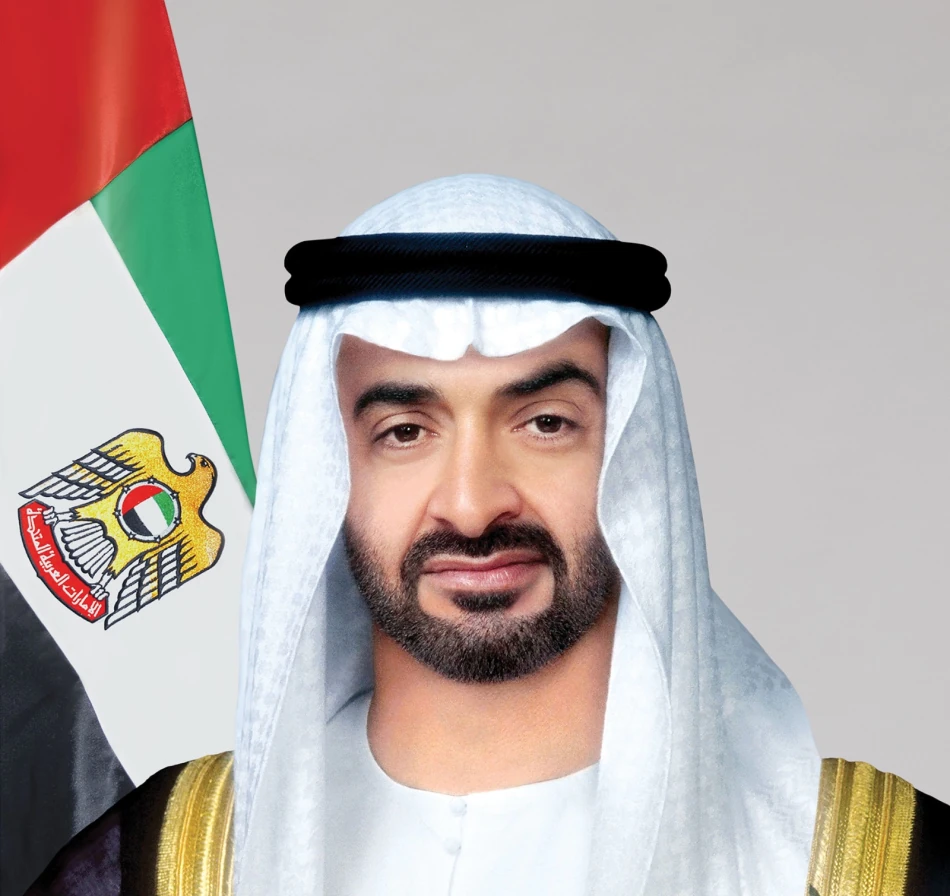
UAE President Embarks on Official Visit to Azerbaijan, Strengthening Bilateral Ties
UAE President Makes Historic Visit to Azerbaijan's Karabakh Region
UAE President Sheikh Mohammed bin Zayed Al Nahyan arrived in Azerbaijan's Karabakh region today for an official state visit, marking a significant diplomatic engagement in a territory that has been at the center of regional geopolitical tensions. The visit underscores the UAE's growing influence in the South Caucasus and its strategic partnership with Azerbaijan.
High-Level Reception Signals Strategic Partnership
Azerbaijani President Ilham Aliyev personally welcomed Sheikh Mohammed bin Zayed at Fuzuli International Airport, accompanied by senior government officials. The choice of location—Fuzuli Airport in the Karabakh region—carries particular symbolic weight, as this area was reclaimed by Azerbaijan following the 2020 Nagorno-Karabakh conflict.
The UAE delegation includes several high-ranking officials: Sheikh Hamdan bin Mohammed bin Zayed Al Nahyan, Deputy Chief of Staff for Special Affairs at the Presidential Court; Sheikh Mohammed bin Hamad bin Tahnoun Al Nahyan, Advisor to the President; and multiple ministers and senior state officials.
Geopolitical Context and Regional Implications
Post-Conflict Reconstruction and Investment Opportunities
This visit comes as Azerbaijan focuses heavily on reconstructing the Karabakh region following its military victory over Armenian forces in 2020. The UAE has emerged as a key partner in this reconstruction effort, with Emirati companies and sovereign wealth funds showing strong interest in infrastructure projects, energy ventures, and urban development initiatives.
The timing suggests the UAE sees significant economic opportunities in Azerbaijan's reconstruction plans, particularly given the country's oil wealth and strategic location as an energy corridor between Europe and Asia.
UAE's Expanding Caucasus Strategy
The Emirates has been systematically expanding its diplomatic and economic footprint in the South Caucasus region. This visit follows previous high-level engagements and reflects Abu Dhabi's broader strategy of diversifying its international partnerships beyond traditional Gulf allies.
Unlike other regional powers that have historical ties or territorial interests in the Caucasus, the UAE approaches the region purely from an economic and strategic perspective, making it an attractive partner for countries like Azerbaijan seeking investment without political strings attached.
Economic and Investment Implications
For investors and regional watchers, this visit signals several important trends. First, it demonstrates Azerbaijan's success in attracting Gulf capital for its post-conflict development agenda. Second, it highlights the UAE's continued strategy of using economic diplomacy to build influence in strategically important regions.
The focus on Karabakh specifically suggests potential major infrastructure deals may be in discussion, particularly in areas like smart city development, renewable energy projects, and transportation networks—all sectors where UAE companies have significant expertise and capital.
Regional Balance and Future Prospects
This diplomatic engagement also reflects the changing dynamics in the South Caucasus, where traditional powers like Russia are facing reduced influence due to their involvement in Ukraine. Countries like Azerbaijan are increasingly looking to diversify their partnerships, creating opportunities for Gulf states to fill the gap.
The visit reinforces Azerbaijan's position as a reliable partner for Gulf investment and suggests that Baku's post-conflict strategy of rapid reconstruction and modernization is gaining international support from wealthy, technologically advanced partners.
Most Viewed News

 Sara Khaled
Sara Khaled






